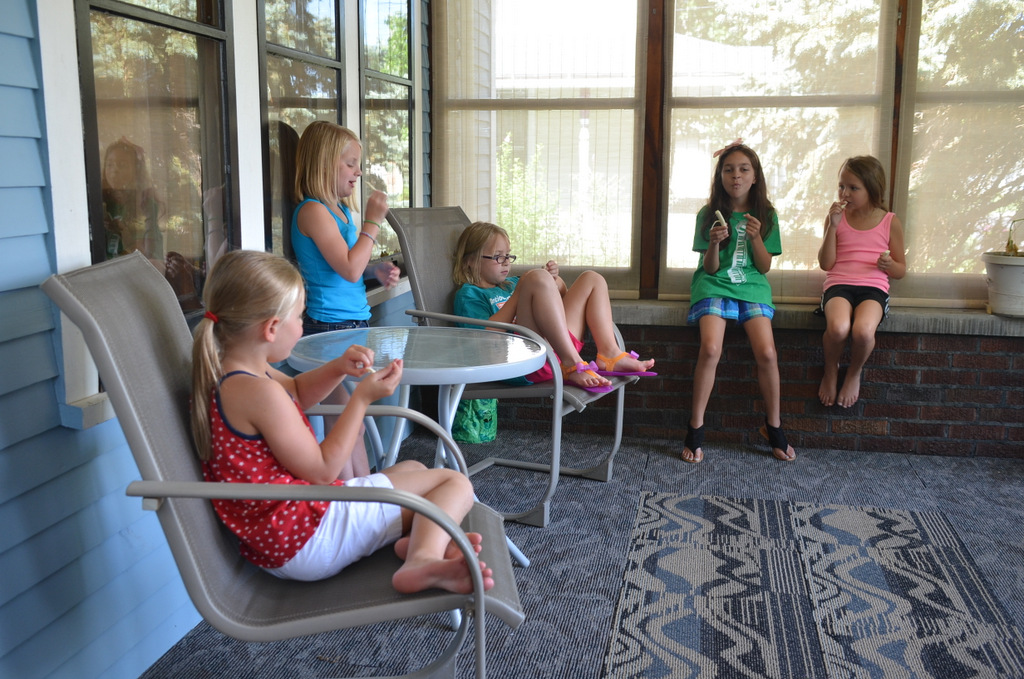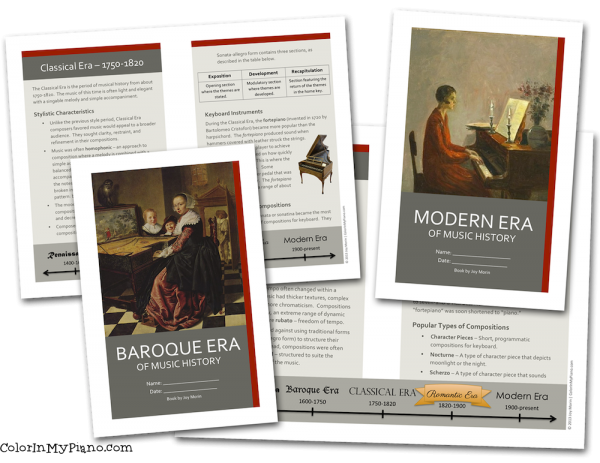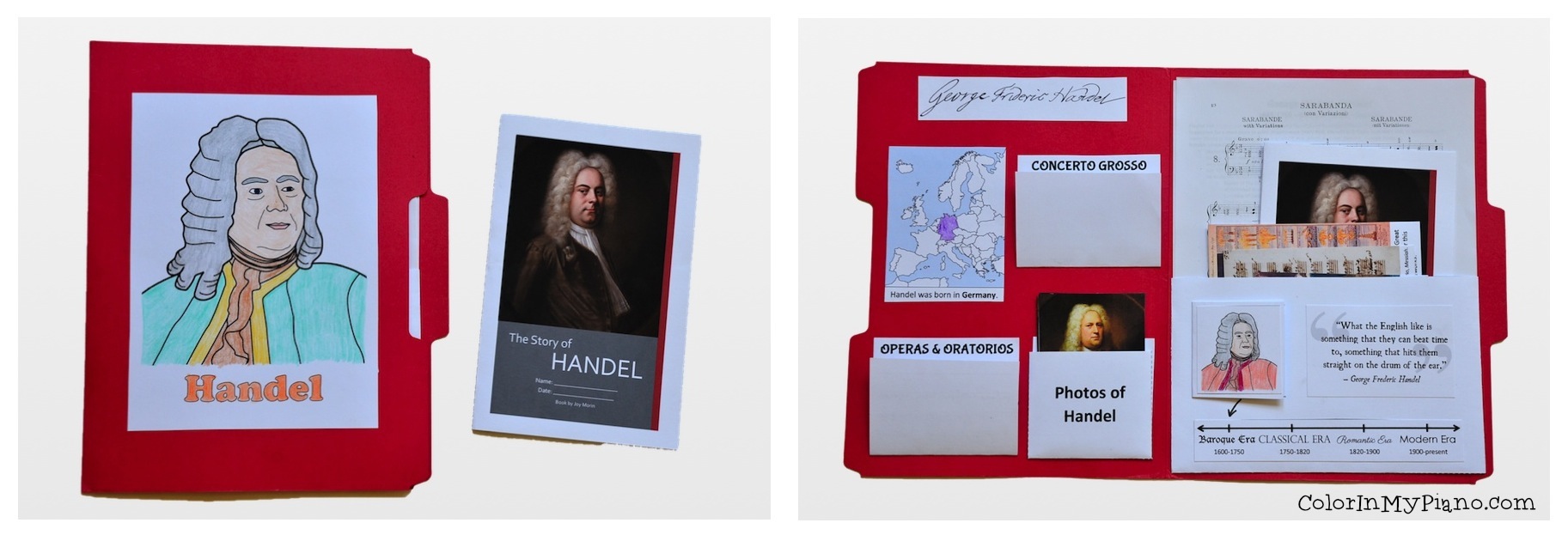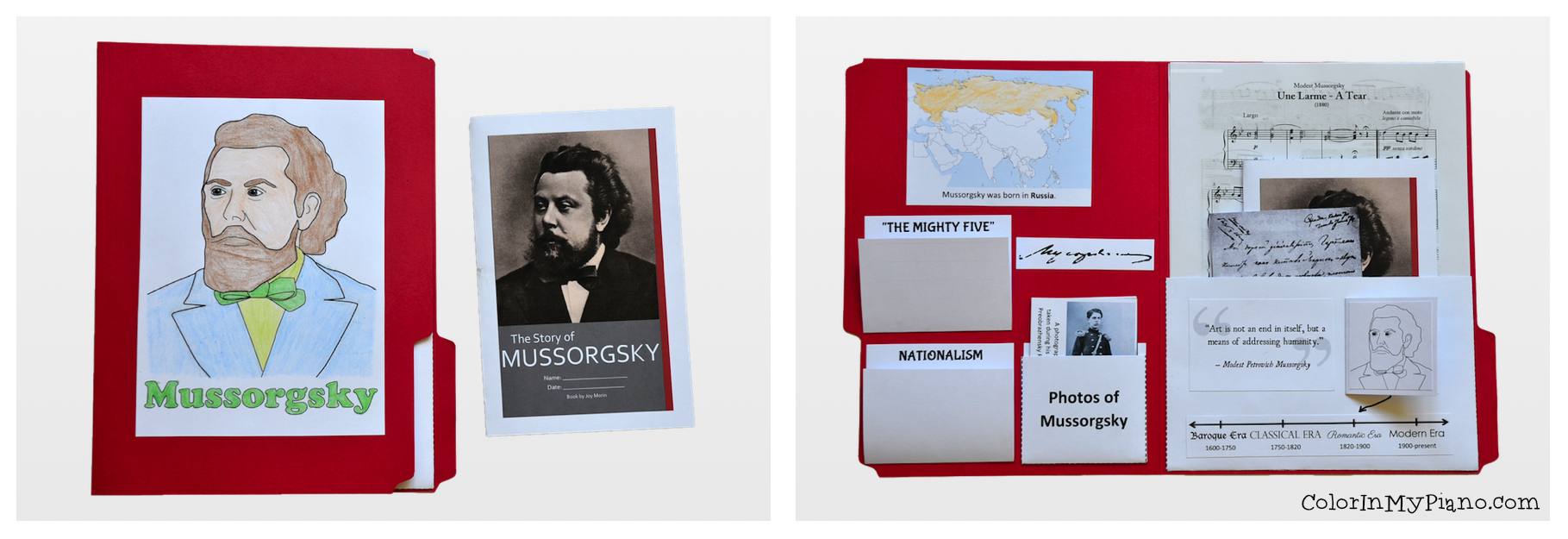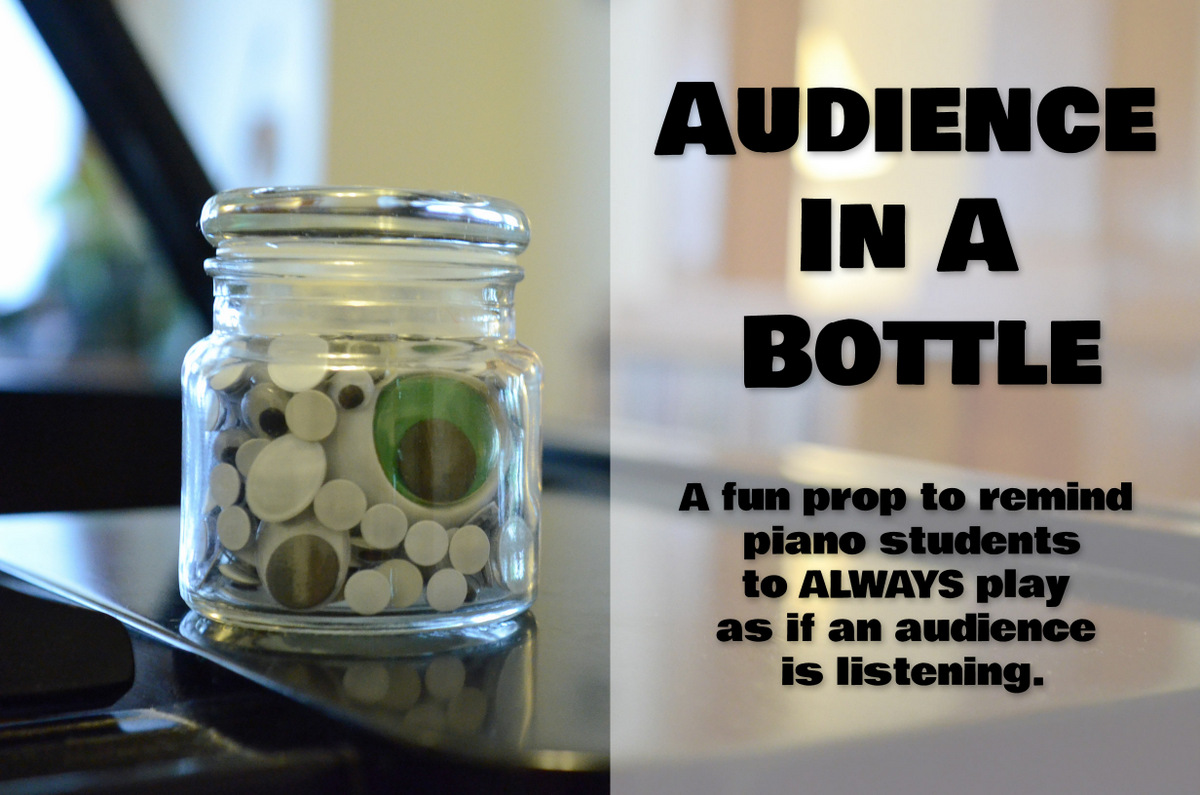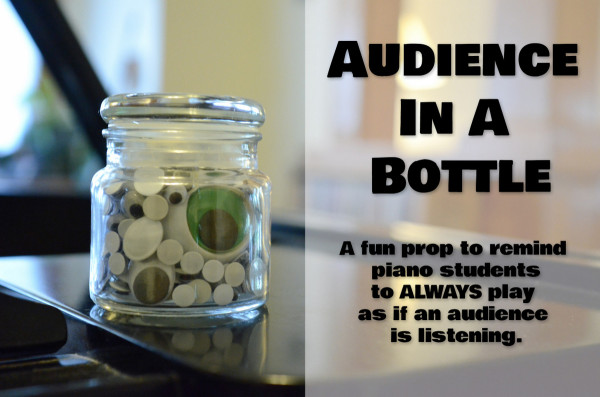Th 2013 July 25 @ 11:15
A Teacher’s Companion for All Methods, by Craig Sale and Judith Jain
This session was all about the essential role of preparation. Most method books do a great job with presentation, but not necessarily with preparation. Often, we as teachers end up being “turn the page and see what is next” teachers.” This session will discuss how we can easily prepare students for new concepts.
If we teach how children learn best, we will not encounter missing knowledge in students later. How students learn best through concrete experiences through the senses. We begin with the sound, proceed to the feel, then the sign, an lastly the name. Aural, kinesthetic, and then visual. Always proceed from the “known” to the “unknown.”
Mr. Sale demonstrated this with a student by playing two different kinds of sounds (legato and staccato) and asking the student to describe what they heard. Then, they experienced making those sounds, seeing the symbol, and then learning the name.
Continue reading “NCKP 2013 (9) – A Teacher’s Companion for All Methods, by Craig Sale and Judith Jain”


